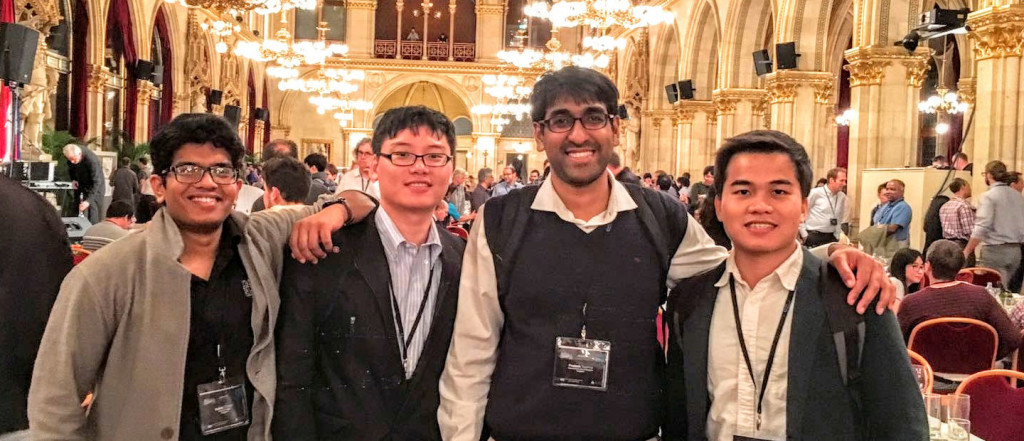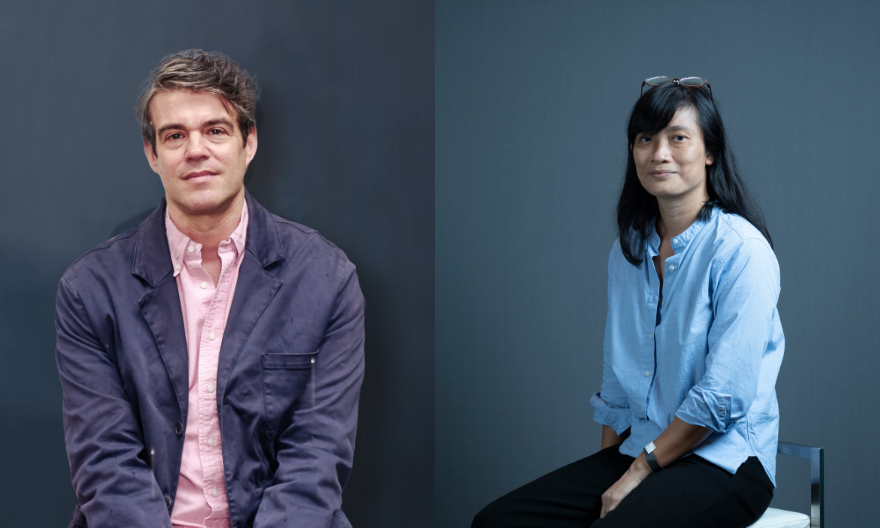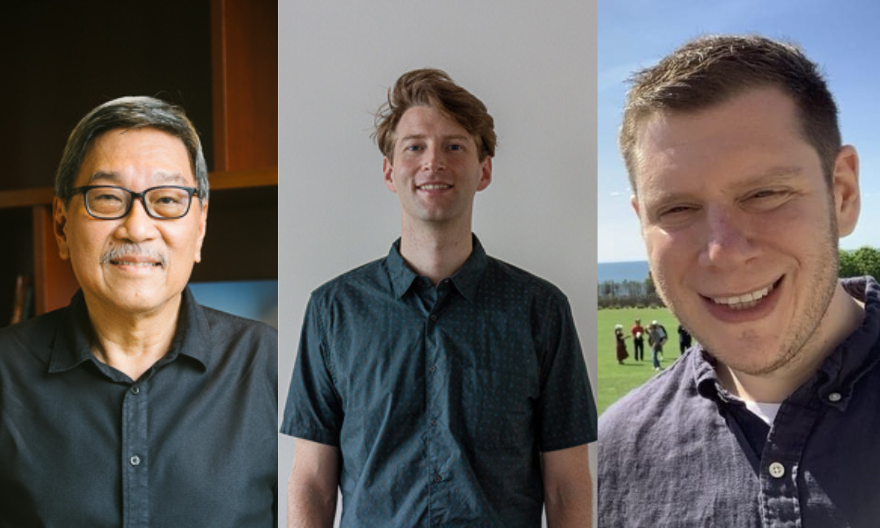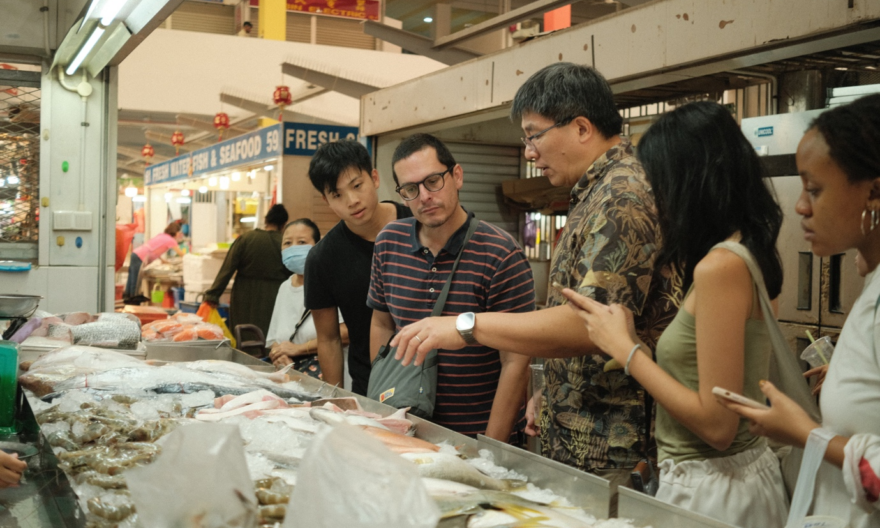Yale-NUS faculty & student present paper at computer and communications security conference in Vienna

Hrishi Olickel (first from left), together with researchers from NUS at the 23rd ACM Conference on Computer and Communications Security at Hofburg Palace, Vienna, Austria.
Bitcoin may be a familiar name to some, but not many may have heard of blockchain. While Bitcoin is a form of cryptocurrency, blockchain is the technology that keeps it safe and secure.
It was on this new innovation that Hrishi Olickel (Class of 2018) and Assistant Professor of Science (Computational Sciences) Aquinas Hobor presented a paper at the 23rd Association for Computing Machinery (ACM) Conference on Computer and Communications Security held at the famous Hofburg Palace in Vienna, Austria in October 2016. The annual conference is the flagship of the Special Interest Group on Security, Audit and Control (SIGSAC) of ACM.
The project also involved researchers from the National University of Singapore (NUS) included Assistant Professor in Computer Science Prateek Saxena, Post-doctoral Research Fellow Duc-Hiep Chu and PhD student Loi Luu. Together with the NUS researchers, Hrishi and Dr Aquinas published a paper titled ‘Making Smart Contracts Smarter’. The paper sought to investigate the security of running smart contracts based on Ethereum, another popular cryptocurrency, in an open distributed network.
The research involved an analysis of Smart Contracts launched on Ethereum and a security tool. The issues the team found “stemmed from systemic gaps in understanding how smart contracts function and how they are fundamentally different from traditional programmes that are not executed on a decentralised network.” The paper presented detailed information on the bugs that were discovered, as well as potential solutions.
For Hrishi, the experience has been a fulfilling one. “I first became involved when I was planning a 2MC independent research module on blockchains with Dr Aquinas… he then put me in touch with the blockchain research group at NUS that he was working with, and the paper came after,” explained Hrishi. At Yale-NUS, students regularly initiate their own classes with professors on specific areas of interest that they are interested in.
Though Hrishi felt nervous initially at the conference since it was his first time presenting at a major conference, he found the experience “an exciting and humbling one.”
“The presentation went rather well despite it being a nervous affair. To discuss the bleeding edge of computational security with researchers and developers from around the world was an experience that has certainly fuelled my passion for this field,” he shared. Hrishi first became interested in smart contracts through a venture called Gruber, a resource-sharing platform that maintains itself on blockchain and is open to ‘rewrites’ through consensus from the community.
“While it was a hackathon project that did not last longer than the day it was built, it prompted some discussion online that made me wonder about the possibilities of a truly peer-to-peer organisation. Smart contracts would allow such an entity to live on the blockchain, arbitrating exchanges of money and resources where the code would be the final, neutral arbiter,” Hrishi reflected in a separate article published on Medium to release the team’s findings in light of recent events.
It was not the first time that Hrishi had worked with Dr Aquinas, who was also his instructor for the Integrated Science course.
“Taking Integrated Science with Dr Aquinas was certainly a fun ride – from Wargames-style AIs and tail recursive generators to sumo bots – and moving to research followed as a progressive step from the gruelling but certainly enjoyable seminars. Working with him has helped me better understand the intricacies of developing for research. He has done much to prepare me for what comes after [graduation], be it graduate school or a career in production,” shared Hrishi.




